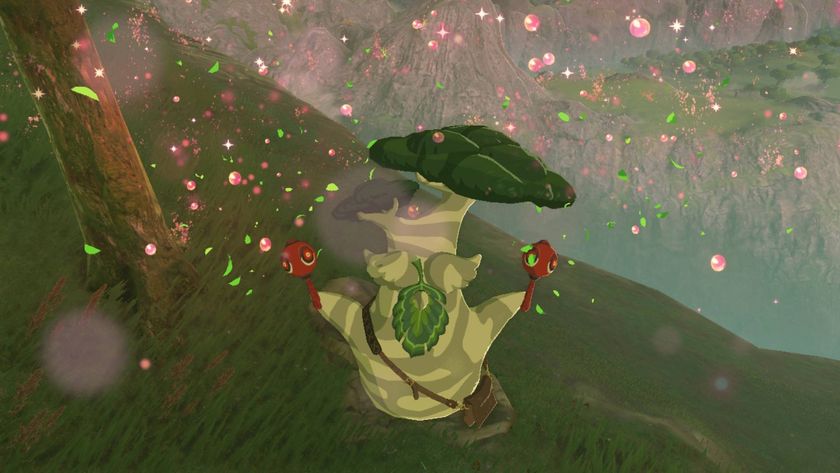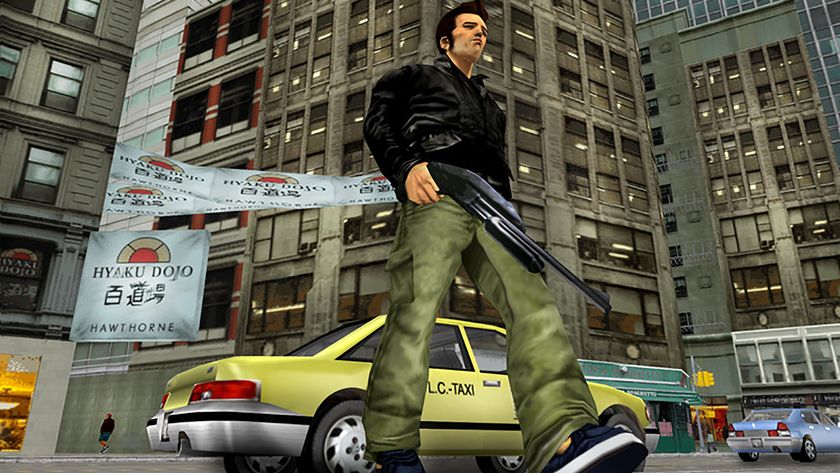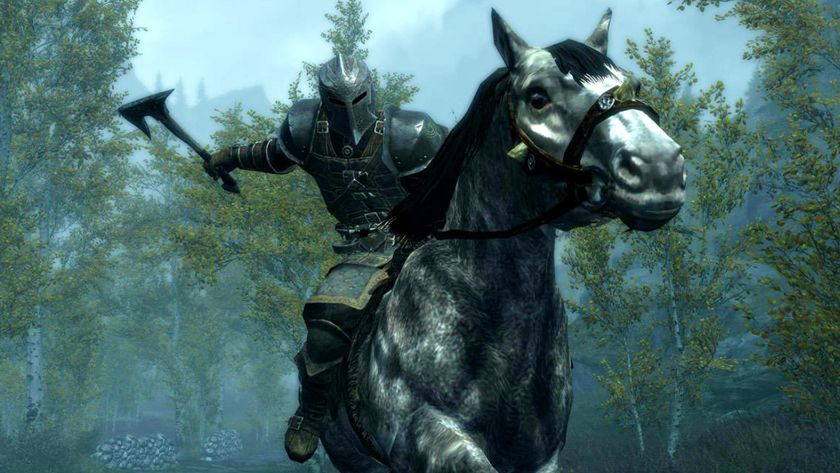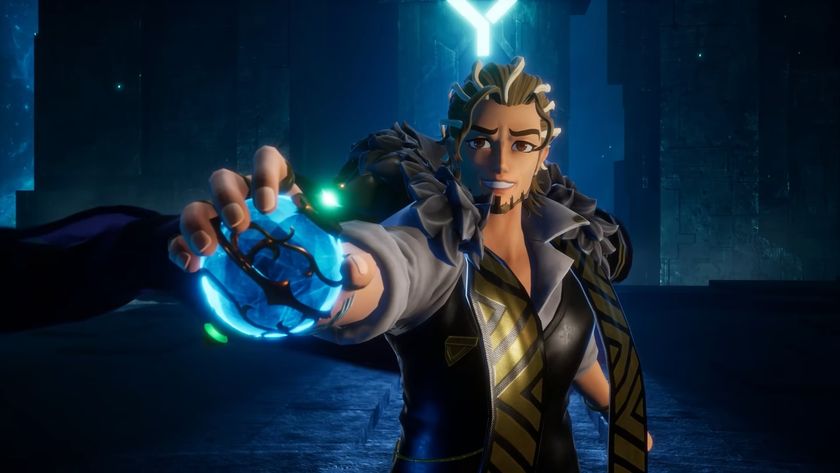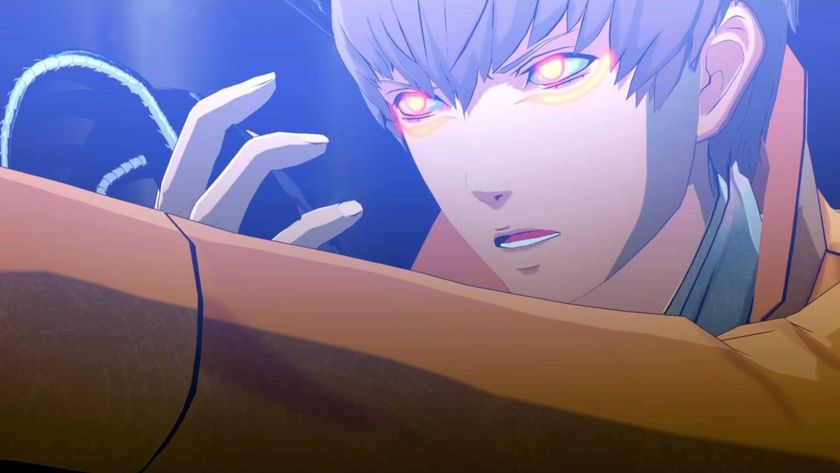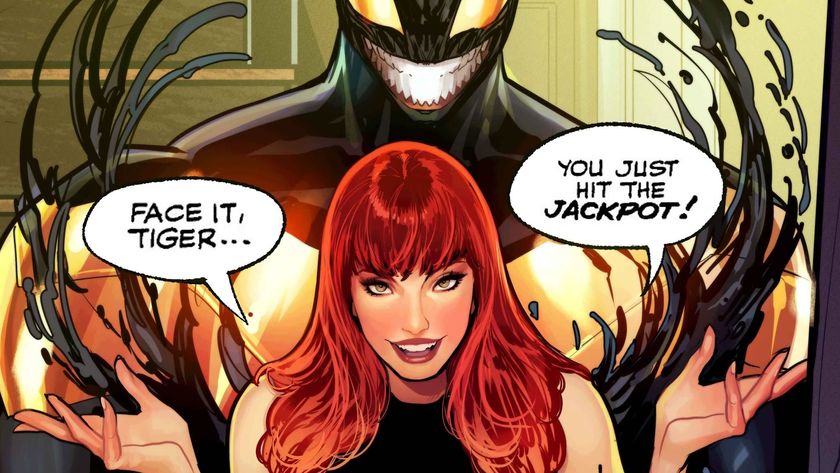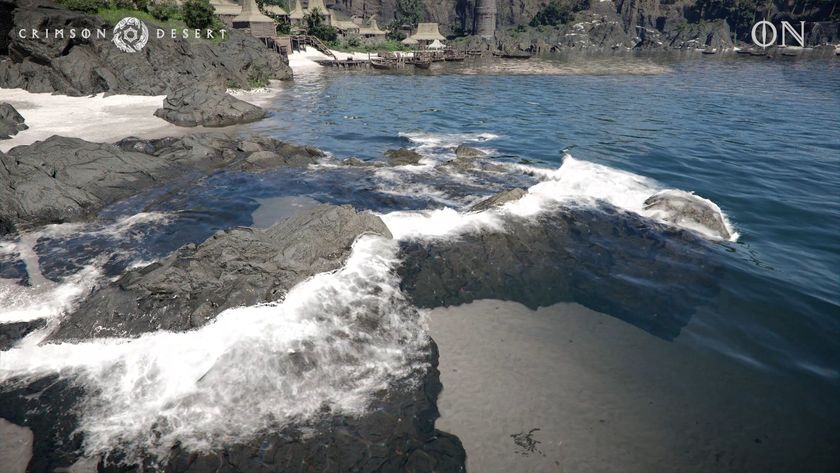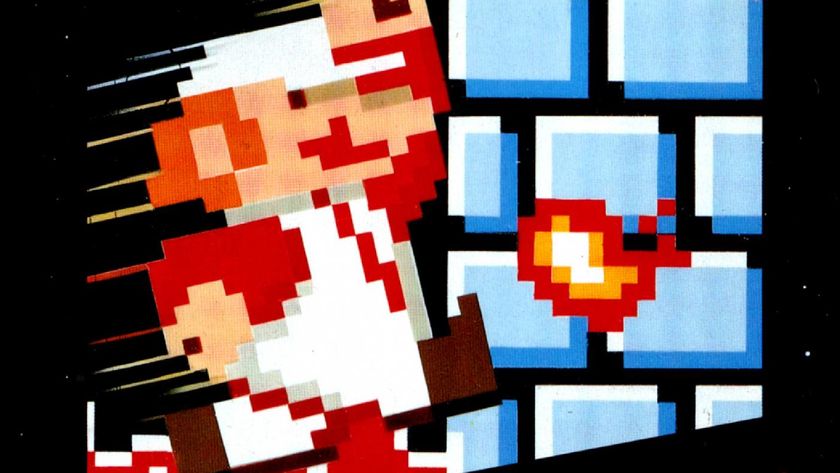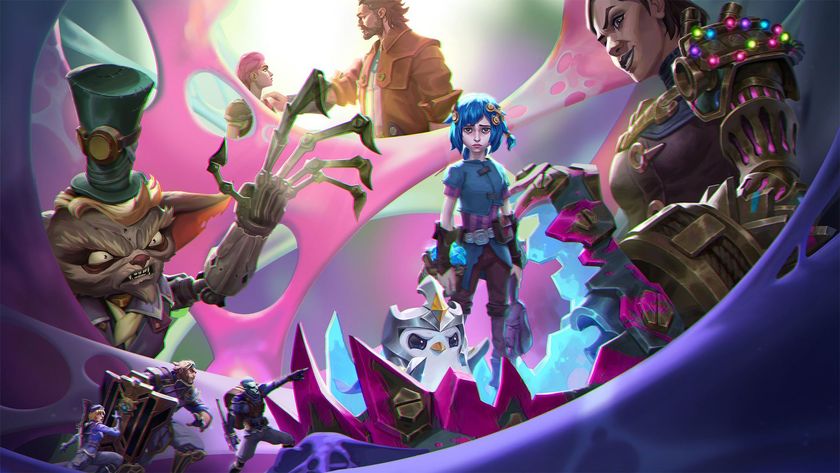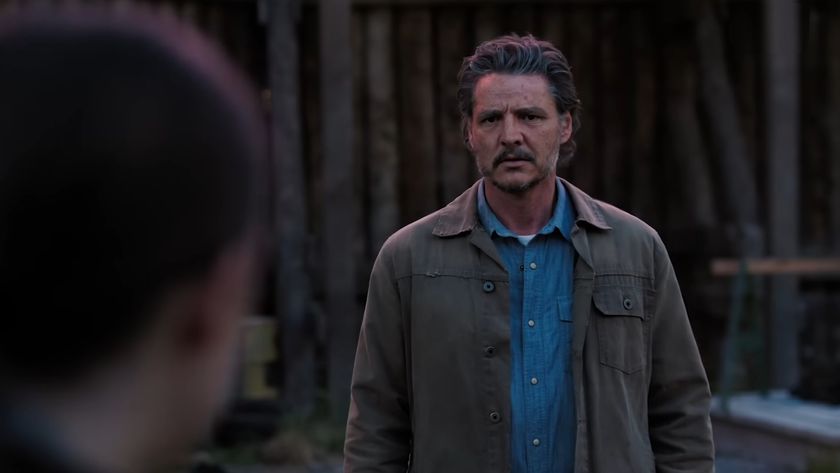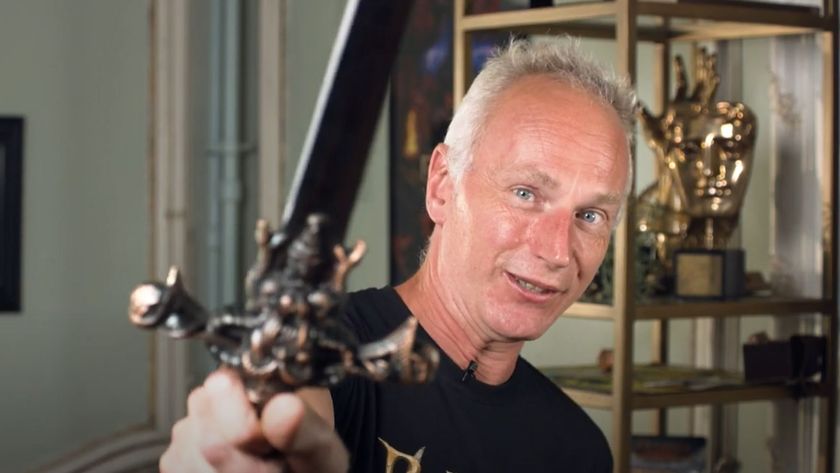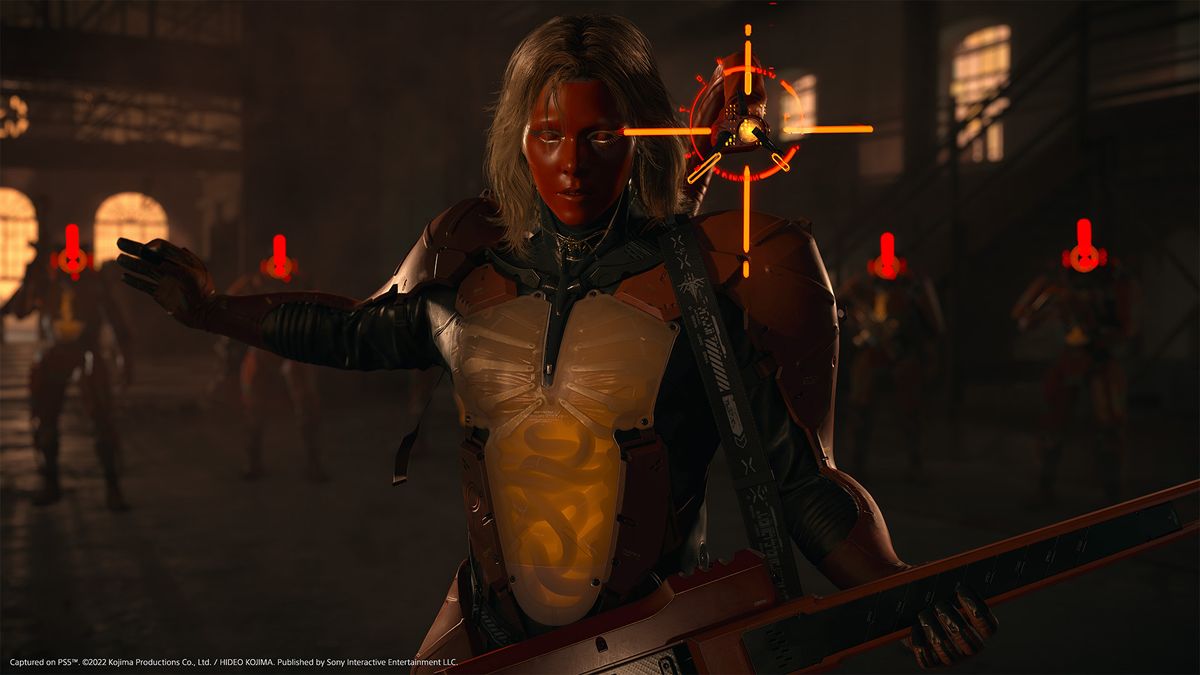
Death Stranding 2 should be an exercise in restraint. In many respects, that would be antithetical to the modern sequel – which expectations dictate must be a bigger, bolder, and brasher experience than that of its predecessor. Hideo Kojima has announced that he will expand his apocalyptic vision of the United States of America, and I'd quite like to see the director present a leaner, smarter, and sharper package.
Kojima Productions announced Death Stranding 2 at The Game Awards 2022. It showed little restraint. The trailer was suitably chaotic, brimming with the sort of unhinged spectacle that has come to define Hideo Kojima's output throughout much of the past decade. Flashes into the past (or alternative realities; could go either way), glimpses at two new corporations in Drawbridge and the Automated Public Assistance Company, and bridge baby pods filled with squirming tentacles and angel wings.
Our first look at Death Stranding 2 invites a lot of questions and offers very few answers, setting the stage for yet another protracted road to release that will be blanketed in a thick fog of speculation. And while I already feel myself getting drawn into absurdist theorycraft, I do think we should take a moment to consider Death Stranding's strengths and how a sequel can improve upon them before we're all subsumed entirely.
Time to start a new journey
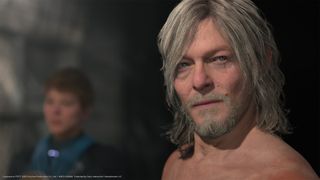
Death Stranding has been perhaps the most divisive game attributed to Hideo Kojima in his 35-year directorial career. On one side of the fence, a crowd who will vehemently defend it as a masterpiece; on the other, those who believe that it's little more than a 60-hour exercise in indulgence. As for me, I'm lost somewhere in the middle – an uncomfortable position, but after running through the original game on PS4 and much of Death Stranding Director's Cut on PS5, I don't know where else to stand.
It's been three years since Death Stranding made its debut, and time hasn't made it any easier to parse. I do think there's an exceptionally good game hidden away in Death Stranding, but it's buried beneath layers of esoteric narrative concepts and tired combat systems. While these are elements of design that can be refined, I'd rather see both stripped back – if not out – from the experience entirely.
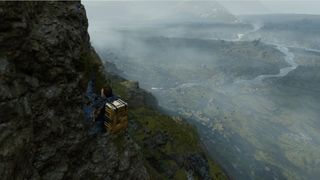
Movement was always the main attraction of Death Stranding, and the boldest thing Kojima Productions could reasonably achieve in this sequel would be to lean further into the walking simulation and social connection aspects that underpin the entire concept. Split across 15 'Episodes', Death Stranding is at its best when it asks you to hike across a vast distance with little consternation. Challenge is born out of survival – not from ghostly apparitions which grind the game to a halt, but from the elements themselves.
Wind and rain can be real killers, gradually eroding the quality of your gear and degrading the deliveries strapped to your back. This is one reason the social elements of Death Stranding work as well as they do; the feeling of relief when you stumble across a player-made shelter in the wilderness, with your resources and patience depleting, is practically unrivaled in this type of action-adventure experience. If Kojima Productions were willing to risk it, I wonder whether social connection could carry Death Stranding 2 further than any big narrative concepts ever could – the first game is so lacking in nuance that it stands perilously at the border of parody.
Sign up to the GamesRadar+ Newsletter
Weekly digests, tales from the communities you love, and more
Embracing open spaces
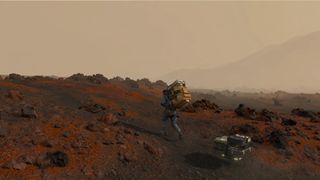
"The first game was so lacking in nuance that it stands perilously at the border of parody"
That would necessitate a wider, more uneven play space to explore. In asking you to travel from east to west, across a hauntingly sparse USA so clearly modeled on Icelandic territory, Death Stranding gives you the opportunity to get lost. To get truly lost. In a way that big-budget video games rarely do. It's admittedly rare for AAA productions to place so much trust in its players, but it's the lengthy, isolating hikes that made Death Stranding worth investing time in, something Death stranding 2 would do well to remember.
Kojima Productions is yet to reveal the Death Stranding 2 setting, although one read of that first trailer suggests that we may be dealing with alternate realties, not to mention a shift away from the USA and toward an overseas adventure. There are strong nautical themes presented throughout, with the teaser drawing to a close as Sam Porter Bridges and Fragile look out across a large vessel – the OHV Magellan, adorned with the new 'Drawbridge' emblem. And if you'll remember, there was also a mention of the Moon in the closing hours of the original game, so perhaps Kojima really will leave us to get lost in truly hostile terrain in the sequel.
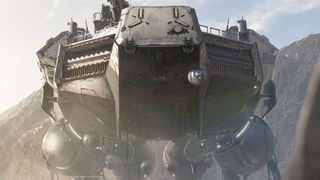
Three years later, it isn't the performances, combat encounters, or delirious ending that stuck with me – it's the journey. It's that palpable feeling of exhaustion as you're forced to reorient a crawl through craggy mountains and deep waters once you realize you're ill-equipped for your approach, and the relief as your destination eventually appears on a distant horizon.
It's walking for miles in relative silence, an adventure soundtracked to the unpredictable rhythms of the wind. It's the moments where Death Stranding revealed itself to be something different, distinct – and with Death Stranding 2 now set to be one of the most anticipated upcoming PS5 games on the near horizon, Kojima Productions would do well to remember that this concept is at its best when it veers far from expectations.
Death Stranding 2 wasn't the only major reveal, so why not check out everything announced at The Game Awards 2022.

Josh West is the Editor-in-Chief of GamesRadar+. He has over 15 years experience in online and print journalism, and holds a BA (Hons) in Journalism and Feature Writing. Prior to starting his current position, Josh has served as GR+'s Features Editor and Deputy Editor of games™ magazine, and has freelanced for numerous publications including 3D Artist, Edge magazine, iCreate, Metal Hammer, Play, Retro Gamer, and SFX. Additionally, he has appeared on the BBC and ITV to provide expert comment, written for Scholastic books, edited a book for Hachette, and worked as the Assistant Producer of the Future Games Show. In his spare time, Josh likes to play bass guitar and video games. Years ago, he was in a few movies and TV shows that you've definitely seen but will never be able to spot him in.
